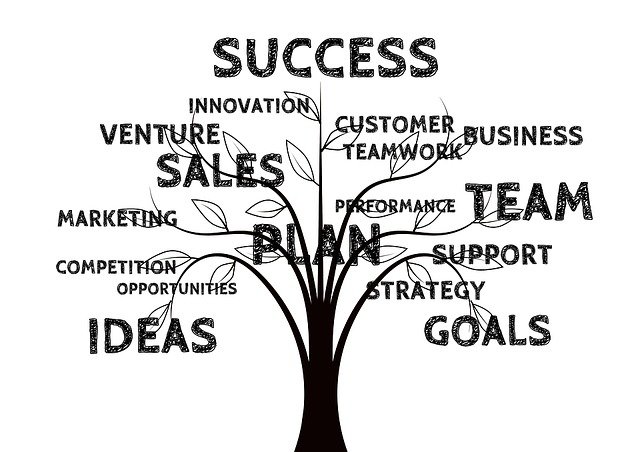Selecting and Implementing Successful CRM.
By Shabana Reddy.
If not chosen or implemented well, a CRM system may feel more like an expensive mistake than a useful tool.
A CRM system is a software tool that helps manage interactions with constituents. To be successful, a CRM system must track and report information about the people you engage with in a way that helps you further your goals. For this reason, an organization’s specific needs and workflows must be a critical factor when selecting and configuring a CRM system.
A common assumption during implementation is that organizations do not have a vital role to play in CRM implementation. Organizations often feel that they must leave this job to the technology experts. However technology is only one critical part of a CRM solution. A CRM solution combines an organization’s business rules with technology for managing information to support those rules. Only the organization knows its own business rules best. Therefore every organization implementing a CRM system is an “expert” in this process, and must work closely with its technology partner.
Your team will want to invest some time in determining your requirements, as well as in choosing and implementing a system. Budget enough time to make good, thoughtful decisions, informed by complete information. Rushing through this process will often make the project much more costly and time-consuming in the long run.


